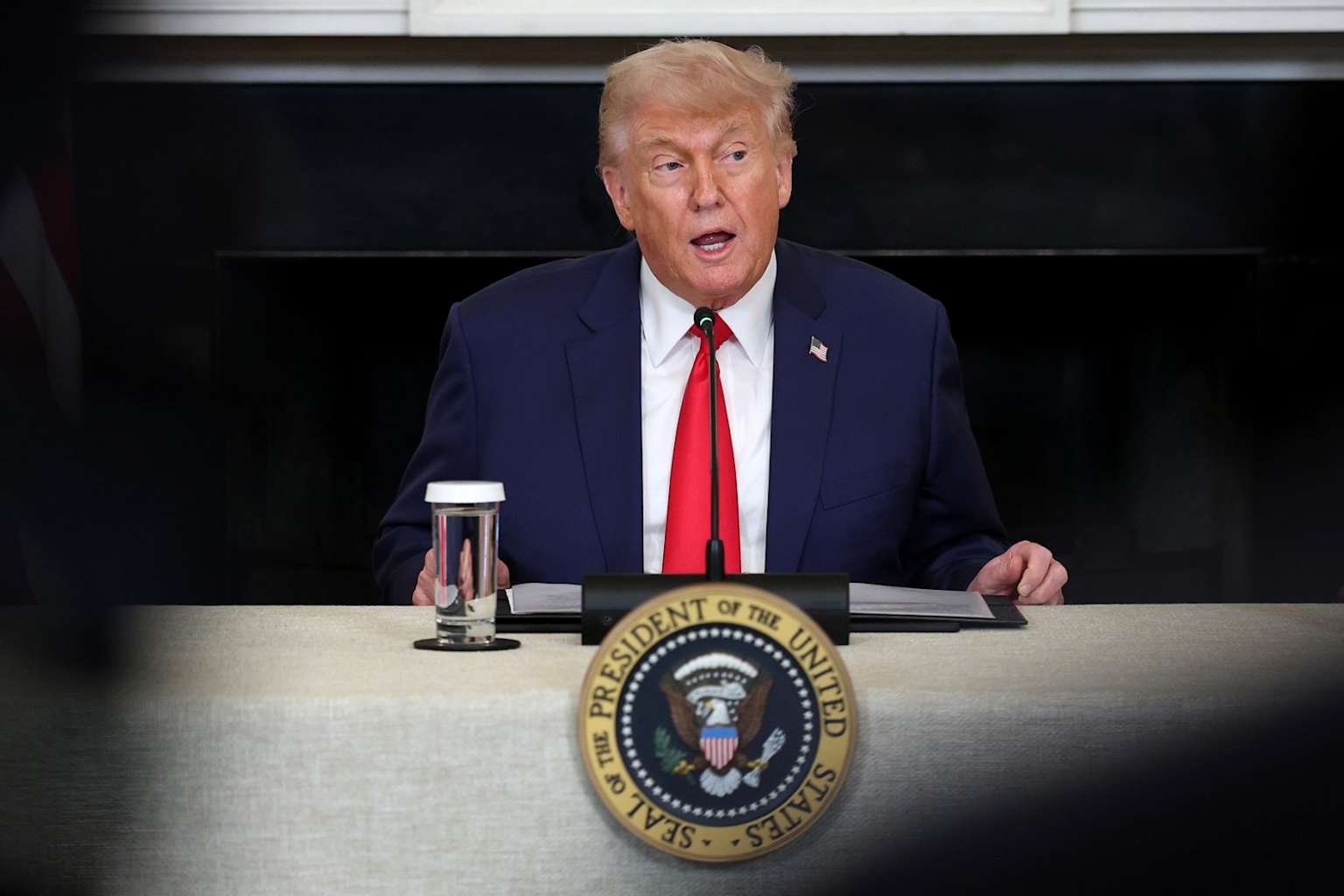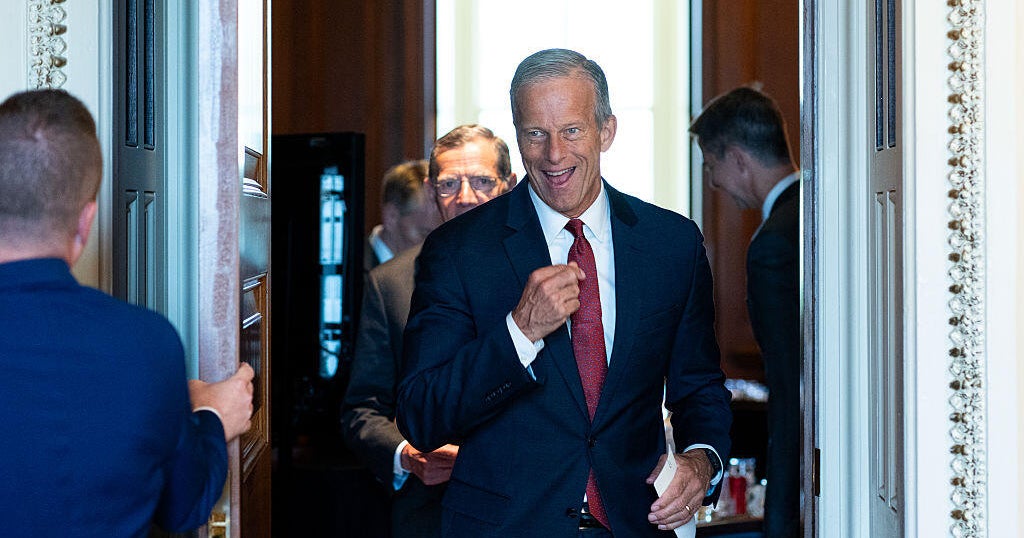- Senate Push Intensifies
- Business Leaders Rally Support
- Political Hurdles Remain
Corporate finance chiefs are expressing confidence that President Donald Trump's signature tax legislation will clear Congress before the July 4 deadline, as Senate Republicans race to finalize a package that business leaders view as critical to maintaining competitive tax rates and preventing what they characterize as the largest tax increase in American history.
The One Big Beautiful Bill Act, which extends the 2017 Tax Cuts and Jobs Act set to expire in December, moved closer to passage this week as Treasury Secretary Scott Bessent told reporters Tuesday that lawmakers are "on track" for a Senate vote by Friday. The legislation passed the House last month by a narrow 215-214 margin and now faces final consideration in the upper chamber, where Republicans hold a 53-47 majority.

Senate Majority Leader John Thune set expectations for completion by week's end, while Trump amplified pressure on lawmakers Tuesday, posting on Truth Social: "NO ONE GOES ON VACATION UNTIL IT'S DONE"12. House Speaker Mike Johnson told Republicans to "keep your schedules flexible" as the Senate prepares to send modified legislation back to the House for final approval1.
The Congressional Budget Office estimates the legislation would cut taxes by $3.7 trillion while adding $2.4 trillion to the federal deficit over a decade3. Senate Republicans are making changes to navigate procedural rules, with the chamber's parliamentarian advising that several provisions violate budget reconciliation requirements1.
Bank of America CEO Brian Moynihan highlighted the competitive imperative, telling officials that extending the tax cuts prevents companies from "exporting business outside the United States for lower tax rate reasons"1. Business Roundtable President Kristen Silverberg called the legislation a "critical step toward protecting and boosting the economic benefits that tax reform delivered for American businesses, workers and families"2.
The American Petroleum Institute's Mike Sommers praised provisions that "strengthen key investment provisions and encourage oil and natural gas development"2. Energy Secretary Chris Wright emphasized the bill would eliminate "subsidies and distortions that have hurt not just our electricity market, but our broader energy markets"1.
Despite business optimism, several Republican senators including Rand Paul and Ron Johnson have expressed concerns about the legislation's impact on national debt1. The package includes $350 billion for border security and immigration enforcement, alongside tax provisions eliminating levies on tips and overtime pay2.
Treasury Secretary Bessent warned Congress that failure to pass the legislation "would be cataclysmic" and "the largest tax hike in history," predicting "substantial increase in the unemployment rate" without action3.
The legislation affects provisions impacting 91% of taxpayers through the standard deduction, while providing an estimated $500 to $1,500 tax break for middle-income earners42.





